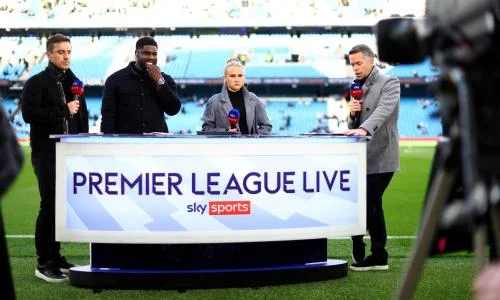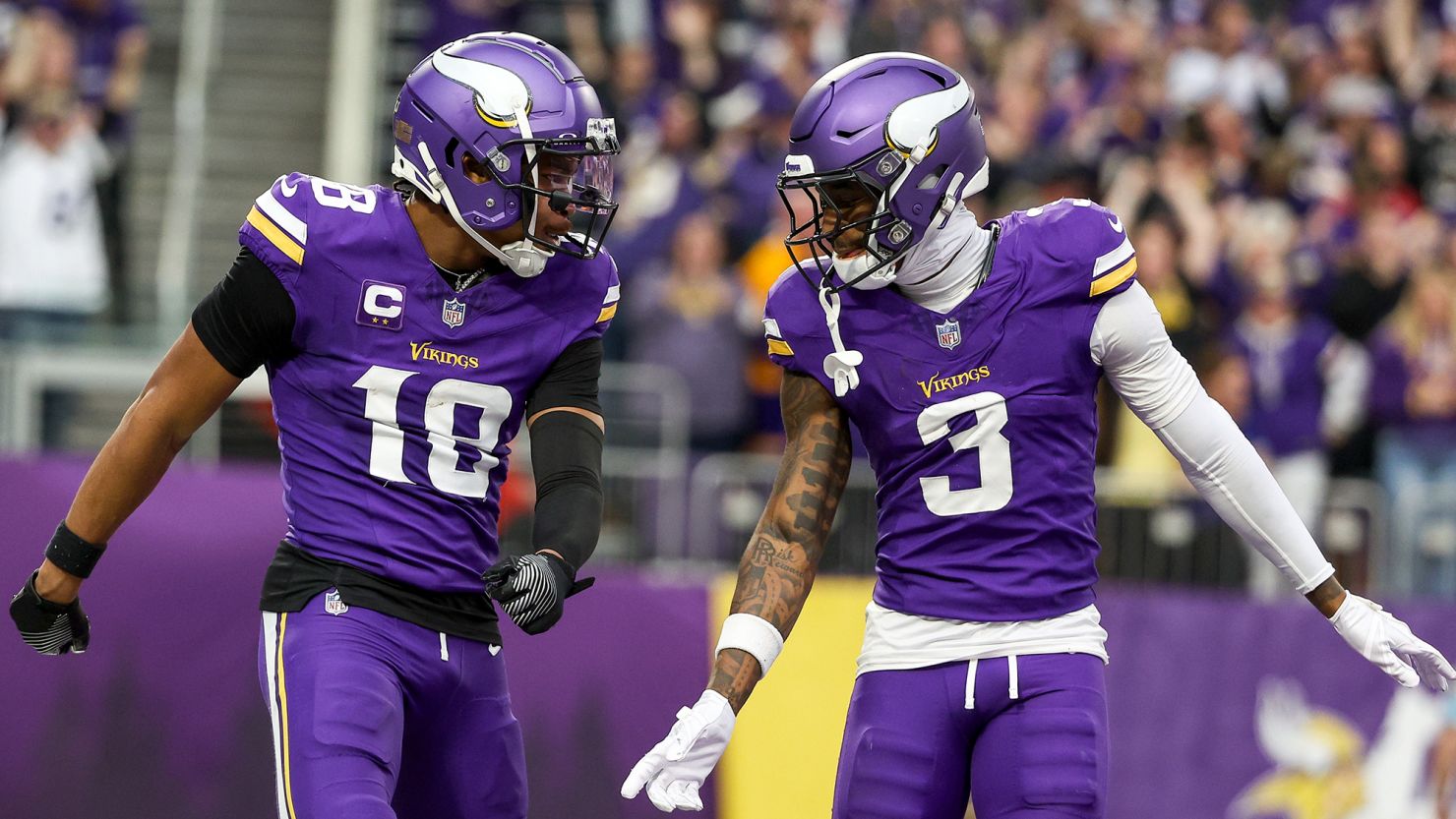UK viewership for the Premier League has dropped during the 2024–25 season — just as the league prepares to roll out its largest-ever domestic rights deal worth £6.7 billion starting next season.
But behind the headline numbers lies a more complex and telling story of changing fan behavior, broadcast saturation, competitive unpredictability, and shifting market dynamics.
The Numbers: Viewership Down Across the Board
- Sky Sports, which aired 128 Premier League matches, saw a 10% drop in average viewership.
- TNT Sports, broadcasting 52 games, reported a 17% year-on-year decline.
This comes after two thrilling campaigns (2022–23 and 2023–24) in which both title races and relegation battles went down to the wire — fueling record engagement. By contrast, the 2024–25 season offered little drama late on, with Liverpool securing the title on April 27 and relegation confirmed early for Ipswich Town, Southampton, and Leicester City.
Too Much Football? The EFL Effect
Sky’s expanded rights to the English Football League (EFL) — over 1,000 matches aired this season — may have created viewer fatigue or simply diverted attention from the Premier League.
When fans have football available every night, the scarcity and prestige factor that defined the Premier League’s broadcast dominance begins to erode.
What’s Next: The 2025–30 Broadcast Landscape
Starting next season:
- Sky Sports will air 215+ games/year, including all Sunday matches moved due to European competitions.
- TNT Sports retains its 52-game allocation, including the coveted Saturday 12:30 kickoffs.
- Amazon Prime Video exits, ending a six-year stint as a domestic rights holder.
This expansion, while commercially attractive, raises fundamental questions about content dilution and viewer engagement over time.
The Piracy Problem: Still Growing
Sky and DAZN have also flagged a worsening issue: illegal streaming at industrial scale. With fans increasingly unwilling to pay for multiple platforms, piracy continues to undermine monetization models and distort true audience measurement.
What You Need to Know as an Investor, Club, or Rights Holder
Whether you’re a media executive, club owner, or strategic investor, here’s what we recommend:
1. Rebuild the Value Narrative
With viewership declining, content needs to be repositioned for value — fewer games with richer storytelling might prove more engaging than maximum volume.
2. Plan for OTT Consolidation
The exit of Amazon suggests a future where broadcasting rights consolidate into fewer, more powerful hands. Rights holders should plan for reduced competition and stronger licensing terms — or pursue direct-to-consumer OTT.
3. Reimagine Broadcast Schedules
Aligning football with new consumer habits — think non-traditional kick-off slots, mini-series content, and interactive match formats — will define the next leap.
4. Combat Piracy with Product Innovation
You won’t stop illegal streams with legal threats alone. Create a product that’s easier, richer, and more interactive than pirated options. Smart pricing, bundled access, and bonus content are the way forward.
At 365247 Consultancy, we’re working with global sports brands, broadcasters, and private equity groups to rethink their commercial playbooks.
Whether you’re navigating media rights, OTT models, or fan engagement challenges — we can help you build for the next cycle.
Book your introductory strategy call here.
Join the 365247 Community here.
IMAGE: Reuters


